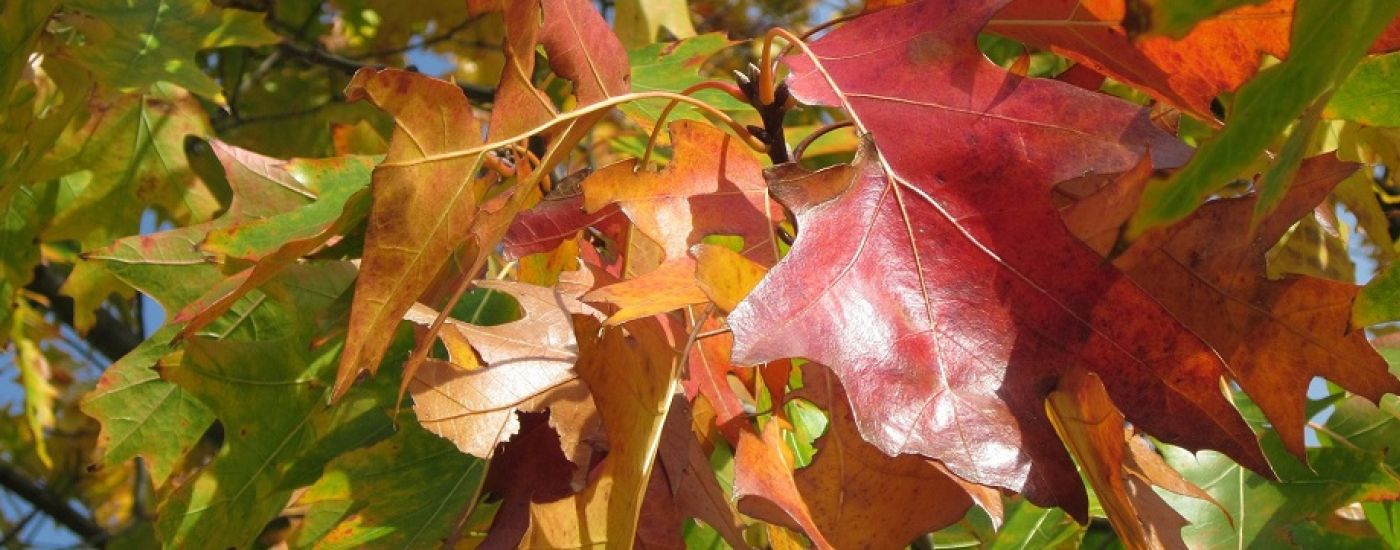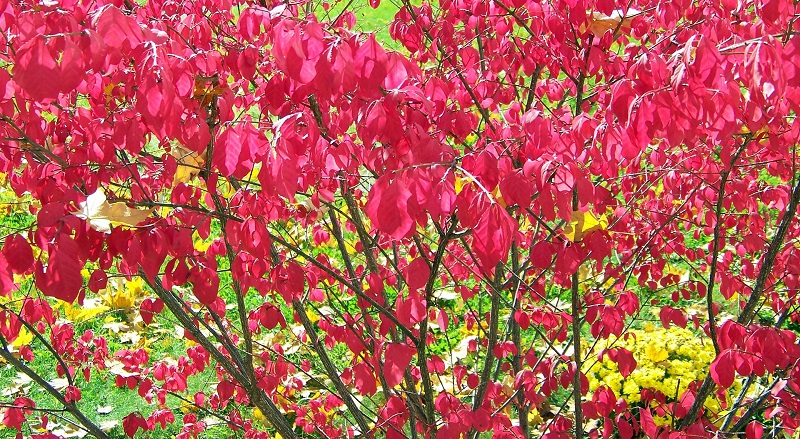Tree and Plant Health Care: Non-Native Plant Impacts on Local Ecosystems
Much has changed since Native Americans roamed this part of the United States and it was settled by early colonists. Today, cars zip down ordered, tree-lined streets where once wooded groves stood and sprawling cities have overtaken what were once rural villages and untamed spaces. Many suburban lawns feature plants and grasses not native to the region (in fact, most every type of ‘traditional green lawn’ is comprised of grasses not indigenous to North America). However, while some outsider plants have a beautiful and sometimes even functional use in our yards, native plants are more beneficial. Beyond that, non-native species can harm our local ecosystem. Stein’s tree and plant health care specialists offer some reasons that homeowners might want to choose native plants when designing their landscapes.
Why Using Native Plants in Your Landscape is Important
We all have plants or shrubs that we love the look of, and they may fit in well with our individual landscapes. However, keep in mind the overall health of your yard and that of your community when choosing to redesign your landscape. Stein offers 4 advantages that native plants have over non-native in relation to tree and plant health care.
Wildlife
Using native plants as well as proper tree and plant health care is extremely beneficial to local wildlife. Monarch, swallowtail, tortoiseshell, and other unique butterflies that serve as key pollinators for our region are all dependent upon very specific native plant species. When you choose to plant the native species they require, you give them vital habitat and food sources and encourage their return to your yard. The presence of native species of insects will invariably draw in native birds and encourage a more holistic ecosystem. On the other hand, without those native plants, and their related insects, birds and other animals will be absent without their chosen food source.
The ecosystem’s natural cycles are disrupted when too many non-native species are introduced. Native oak or red oak can have 300 types of insects that are beneficial to the ecosystem, while non-native Japanese maple may attract no native insects.
Hardiness
While Delaware rarely suffers from extensive droughts, water conservation is still important to our community. Native plants, because they have adapted to the local environmental conditions, are quite hardy and will be more likely to survive the local climate, even in more extreme conditions, than non-indigenous plants. Homeowners will spend less time and money keeping these plants healthy.
Invasive Species
On the opposite end of the spectrum, some non-native plants adapt too well to Delaware’s soil conditions and easily spread out and choke out beautiful native species. For example, barberry is an invasive species that is currently taking over many of the region’s forest areas to the detriment of native plants and animals. One may be tempted to think that a single tree or shrub in a contained environment, like a backyard, is no threat. However, burning bushes, which many prize for the bright beautiful red fall foliage, have choked out native plants. The seeds are carried out of a yard by birds, and they proliferate, filling in the forest understory and keeping away plants that deer might eat.
Natural Beauty
Finally, while plenty of non-native species certainly add a unique and beautiful touch to landscapes, there will always be something special about using the region’s plants to create a natural landscape at home. Especially as Delaware, Pennsylvania, and other neighboring states, have a broad spectrum of vibrant flowering trees, shrubs and other plants that provide lawns with brilliant seasonal changes, from bright green buds in spring to colorful reds and purples in autumn.
Stein Tree Service Offers Professional Tree and Plant Health Care
If you are concerned about keeping your landscape healthy, using native plants is one factor that can help. Proper tree and plant health care is also important. Stein Tree Service’s certified arborists and other tree care professionals are dedicated to the health and vitality of our community’s landscape. For a free consultation, contact us today.
CALL US
610.723.8072
Serving DE, PA and MD
REQUEST A FREE, NO OBLIGATION CONSULTATION
FEATURED PROGRAMS
Stein Tree Earns Permit to Work in Spotted Lanternfly Quarantine Areas
Stein has a permit to work in spotted lanternfly quarantine areas in Pennsylvania and Delaware. Tree Service Companies have to be trained in proper moving and disposal of materials to avoid spread of the spotted lanternfly and Stein has completed the training courses. Learn more.
Emerald Ash Borer Inspection
In the spring, destructive emerald ash bore![]() r (EAB) adult beetles begin to emerge. These invasive pests can destroy your ash trees. Our specialists are certified to treat for EAB in Pennsylvania and Delaware. For a free consultation, contact us today.
r (EAB) adult beetles begin to emerge. These invasive pests can destroy your ash trees. Our specialists are certified to treat for EAB in Pennsylvania and Delaware. For a free consultation, contact us today.


